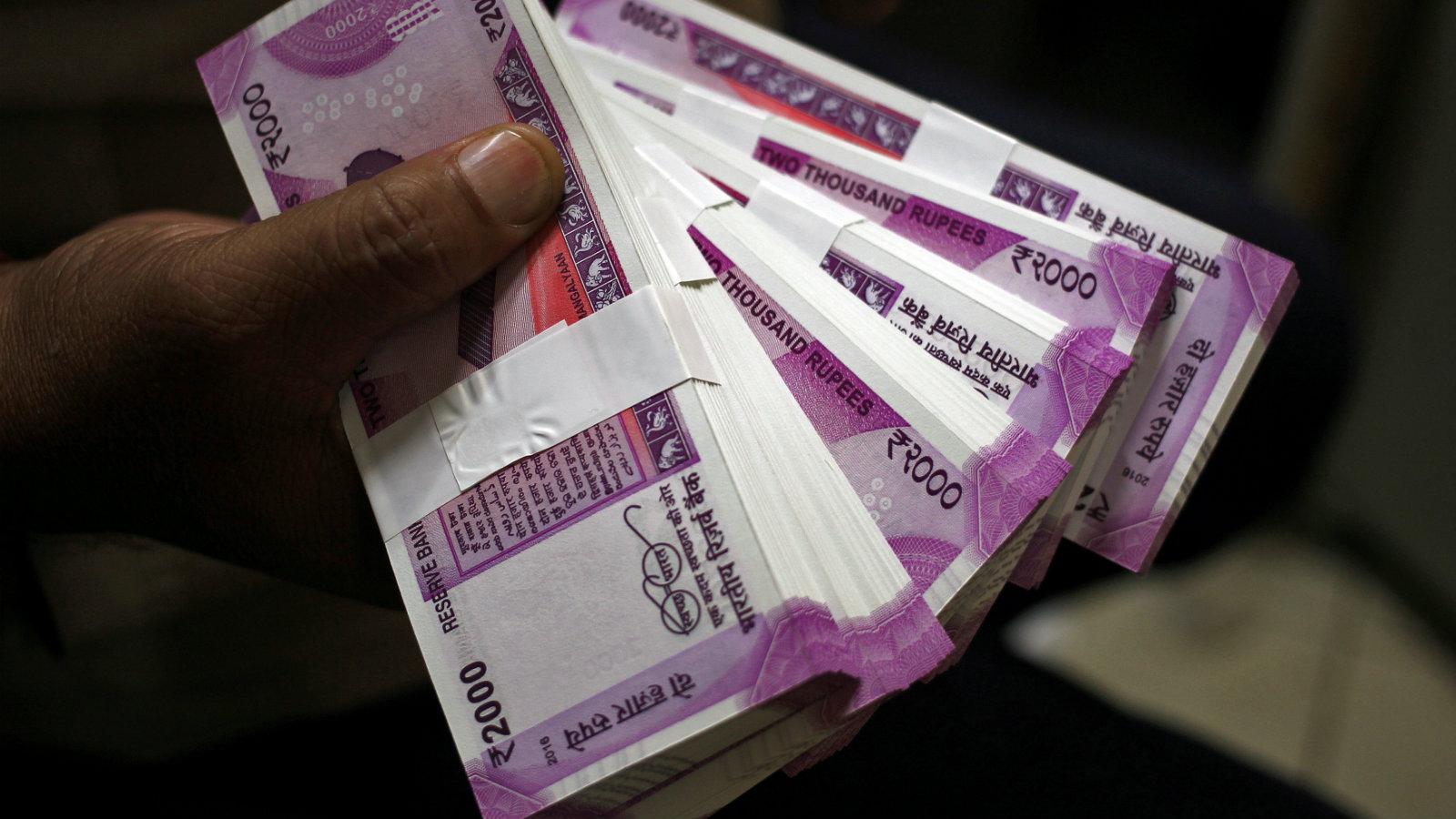Would you, as an alternative, your government provide you offerings or provide you with coins? That’s the query researchers posed to citizens of Bihar, India, in a brand new look. It’s a basic query because India makes sizeable use of coin transfers and considers universal fundamental profits — coins for each person.

One of the matters that enchant development professionals and donors regarding direct cash transfers is that they’re now not paternalistic. Instead of determining how cash is spent, you give human beings the money, trusting that they have a better idea of their desires than you do and that they’ll spend it accurately.
This, by and large, holds up; studies have discovered that money transfers are primarily spent on meals, housing, and training and don’t increase the consumption of alcohol and tablets, as a few skeptics have feared. However, there are advantages to directing spending to precise desires over coin transfers. For instance, infrastructure blessings the complete network; however, no individual pays for it, which means that it must be funded together, come what may.
Health spending is another example because humans vary extensively in how much health care they need (some get fortunate, some don’t). Because fitness care has tremendous externalities — vaccination reduces the risk of disorder even for the unvaccinated, and disease eradication benefits each person. (Overall, because of these issues, intervention evaluator GiveWell has tended to find that the handiest health interventions are more price-powerful than cash transfers.)
